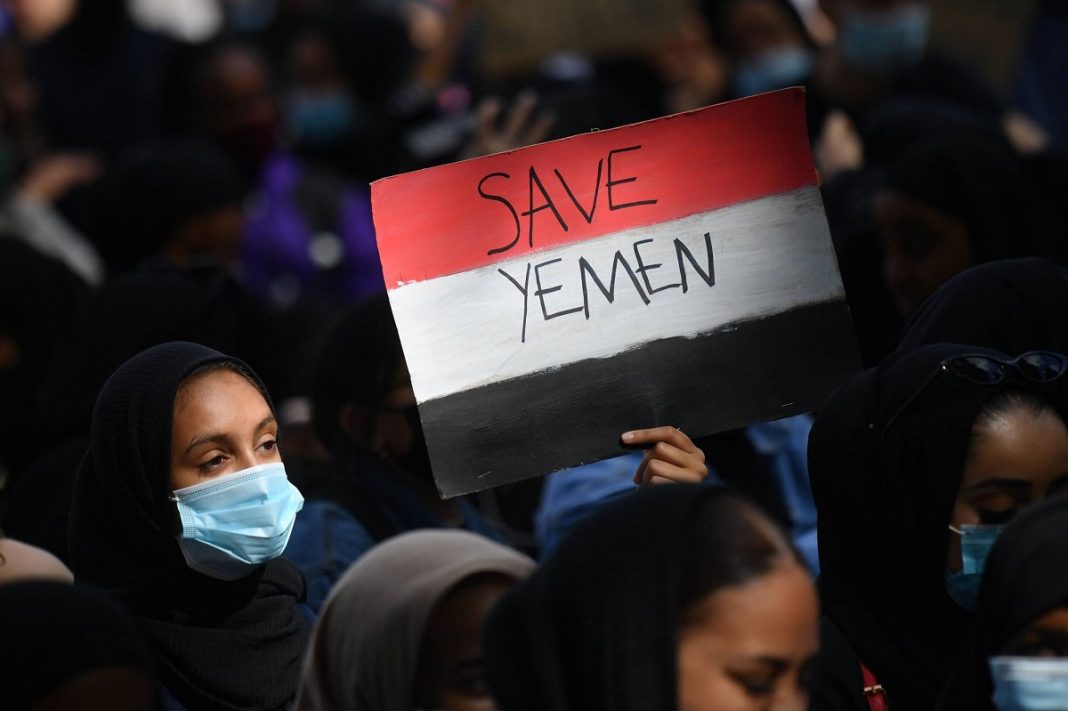The New York-based mission issued the remarks in a statement on Saturday, a day after the two sides arrived at the agreement in Beijing under Chinese mediation.
Saudi Arabia severed diplomatic relations with Iran in January 2016 after Iranian protesters, enraged by the execution of prominent Shia cleric Sheikh Nimr Baqir al-Nimr by the Saudi government, stormed its embassy in Tehran. In line with the deal, though, the two sides are slated to restore their diplomatic relations within two months and reopen their respective embassies.
The statement by the Iranian mission said the reinstatement of the ties would have “positive” implications on the three bilateral, regional, and international levels, including as far as relations across the Muslim world were concerned.
“It appears [therefore] that re-establishment of political relations between Iran and Saudi Arabia will accelerate the achievement of ceasefire in Yemen, initiation of popular negotiations there, and formation of an inclusive national government in the [war-battered] country,” it noted.
Saudi Arabia invaded Yemen in March 2015 in collaboration with a number of its allies and with arms and logistical support from the United States and several other Western states.
The objective was to return power to Yemen’s former Riyadh-backed regime and crush the popular Ansarullah resistance movement, which has been running state affairs in the absence of an effective government in the Arab world’s poorest nation.
The war has stopped well shy of all of its goals.
The Islamic Republic has, throughout the course of the conflict, been invariably expressing support for its political settlement.
Also on Saturday, Iran’s Foreign Ministry issued a separate statement, considering the realization of the rapprochement agreement between Tehran and Riyadh to be an outcome of the Islamic Republic’s enactment of a doctrine that was based on “balanced foreign policy, dynamic diplomacy, and smart interaction.”
The ministry attributed the formation of the agreement to the Islamic Republic’s “serious resolve” to act in line with the interests of the Iranian nation as well as the peoples of the “friendly and brotherly” regional nations.
It also put the establishment of the detente deal to Iran’s determination to use available regional capacities towards materialization and reinforcement of inclusive regional peace and stability.
